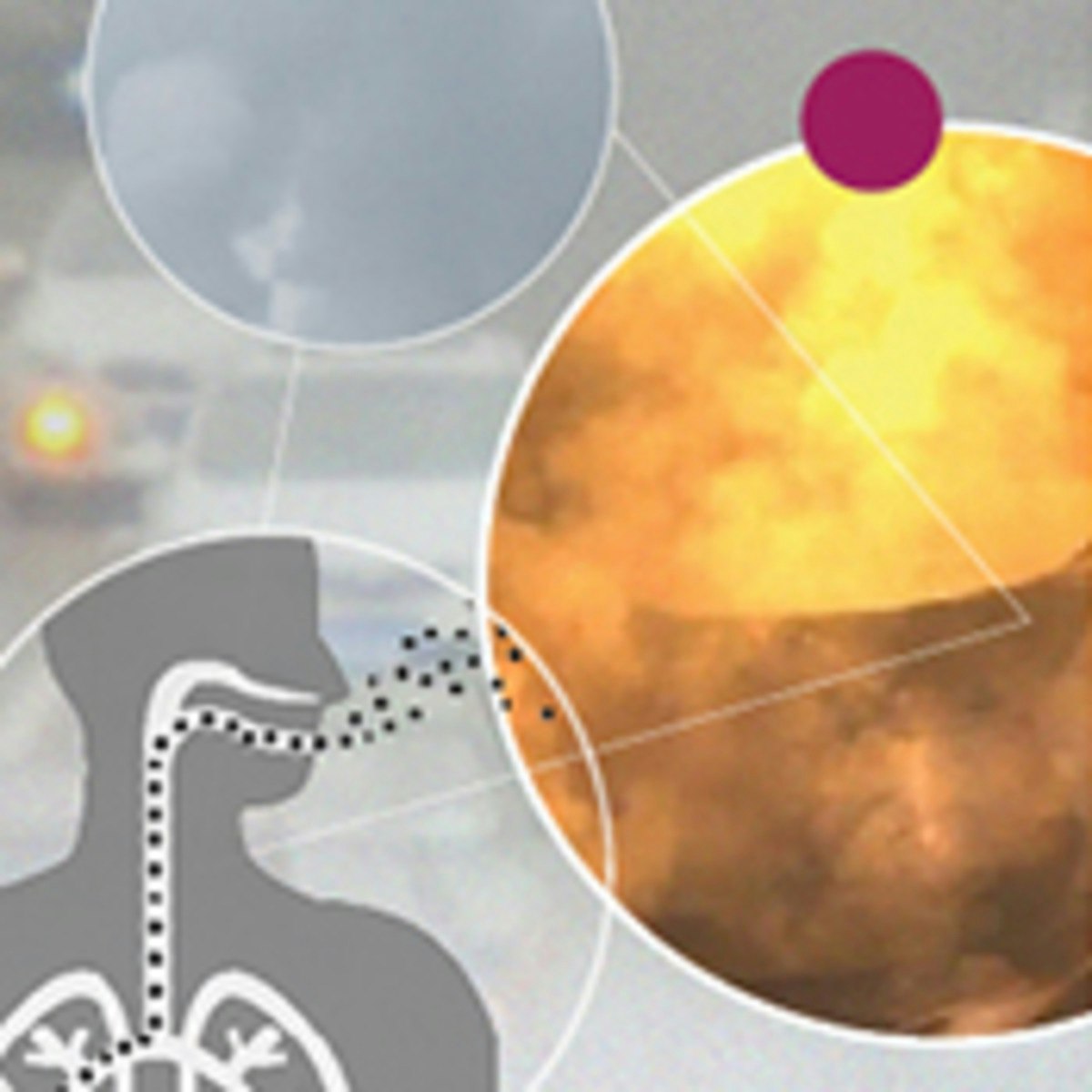
We all have to breathe to live. But the air we breathe is polluted both outdoors and indoors. Each year, this pollution costs 7 million lives across the globe – and a lot of suffering. 1 in 8 deaths is due to air pollution. This course will provide you with an introduction to the most recent research in the field of health effects of air pollution as well as a broader understanding of sources and spread of air pollution and what we should do about it.
Read more
We all have to breathe to live. But the air we breathe is polluted both outdoors and indoors. Each year, this pollution costs 7 million lives across the globe – and a lot of suffering. 1 in 8 deaths is due to air pollution. This course will provide you with an introduction to the most recent research in the field of health effects of air pollution as well as a broader understanding of sources and spread of air pollution and what we should do about it.
We all have to breathe to live. But the air we breathe is polluted both outdoors and indoors. Each year, this pollution costs 7 million lives across the globe – and a lot of suffering. 1 in 8 deaths is due to air pollution. This course will provide you with an introduction to the most recent research in the field of health effects of air pollution as well as a broader understanding of sources and spread of air pollution and what we should do about it.
What is air pollution? What are the sources? How and where are we exposed outdoors and indoors? What happens in the body? Which diseases are the result? Who are the most vulnerable? How can we assess the effects of air pollution? And what should we do to reach the Sustainable Development Goal to “substantially reduce the number of deaths and illnesses from hazardous chemicals and air, water and soil pollution”? These are some of the important questions we will address in the course.
During the course you will meet researchers and experts from the University of Copenhagen and the Technical University of Denmark. They work with different aspects of air pollution and health: toxicology, exposure assessment, epidemiology, engineering and health impact assessment. It is a global responsibility to combat the health impacts of air pollution, and this fight can only be won through new knowledge and global collaboration.
We hope you will join us in the course and equip yourself to take part in this global and individual health challenge.
Two deals to help you save
What's inside
Syllabus
The air we breathe
The air we breathe is full of particles and gases. Some occur naturally, but many are the result of human activities. This first module will look into what air pollution is, where it comes from and what it does to our lungs and the rest of our body.
Read more
Syllabus
Good to know
Save this course
Reviews summary
Air pollution - a health hazard
Activities
Watch a tutorial on how to use an air pollution monitor
Show steps
Watching a tutorial will help you learn how to use an air pollution monitor.
Show steps
Read "Air Pollution and Health" by Michael Brauer
Show steps
This book provides a comprehensive overview of the health effects of air pollution.
View
How Not to Age
on Amazon
Show steps
Calculate your air pollution exposure
Show steps
Calculating your air pollution exposure will help you understand your risk of developing health problems.
Show steps
Three other activities
Expand to see all activities and additional details
Show all six activities
Track your air quality
Show steps
Tracking your air quality will help you understand how it affects your health.
Show steps
Create a presentation on the health effects of air pollution
Show steps
Creating a presentation will help you solidify your understanding of the health effects of air pollution.
Show steps
Volunteer for an air pollution advocacy group
Show steps
Volunteering will help you learn more about air pollution and its effects on health.
Show steps
Watch a tutorial on how to use an air pollution monitor
Show steps
Watching a tutorial will help you learn how to use an air pollution monitor.
Show steps
Read "Air Pollution and Health" by Michael Brauer
Show steps
This book provides a comprehensive overview of the health effects of air pollution.
View
How Not to Age
on Amazon
Show steps
Calculate your air pollution exposure
Show steps
Calculating your air pollution exposure will help you understand your risk of developing health problems.
Show steps
Track your air quality
Show steps
Tracking your air quality will help you understand how it affects your health.
Show steps
Create a presentation on the health effects of air pollution
Show steps
Creating a presentation will help you solidify your understanding of the health effects of air pollution.
Show steps
Volunteer for an air pollution advocacy group
Show steps
Volunteering will help you learn more about air pollution and its effects on health.
Show steps
Career center
Environmental Engineer
Epidemiologist
Toxicologist
Public Health Policy Analyst
Environmental Scientist
Air Quality Manager
Occupational Health and Safety Specialist
Climate Scientist
Sustainability Consultant
Environmental Health Scientist
Environmental Lawyer
Physician
Nurse
Public Health Educator
Urban Planner
Reading list
Share
Similar courses
OpenCourser helps millions of learners each year. People visit us to learn workspace skills, ace their exams, and nurture their curiosity.
Our extensive catalog contains over 50,000 courses and twice as many books. Browse by search, by topic, or even by career interests. We'll match you to the right resources quickly.
Find this site helpful? Tell a friend about us.
We're supported by our community of learners. When you purchase or subscribe to courses and programs or purchase books, we may earn a commission from our partners.
Your purchases help us maintain our catalog and keep our servers humming without ads.
Thank you for supporting OpenCourser.



